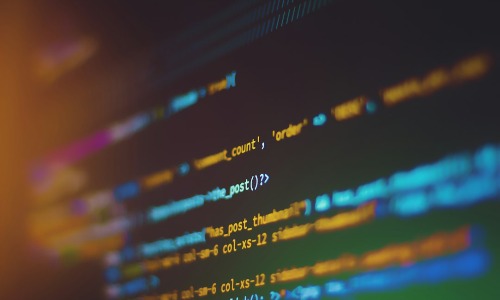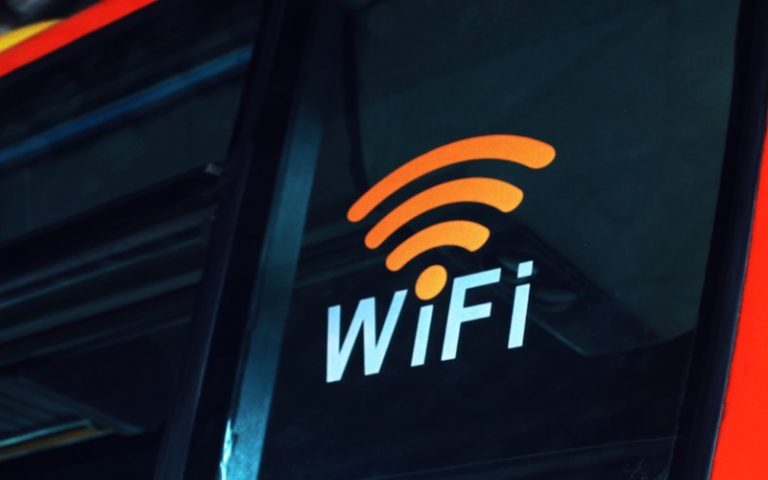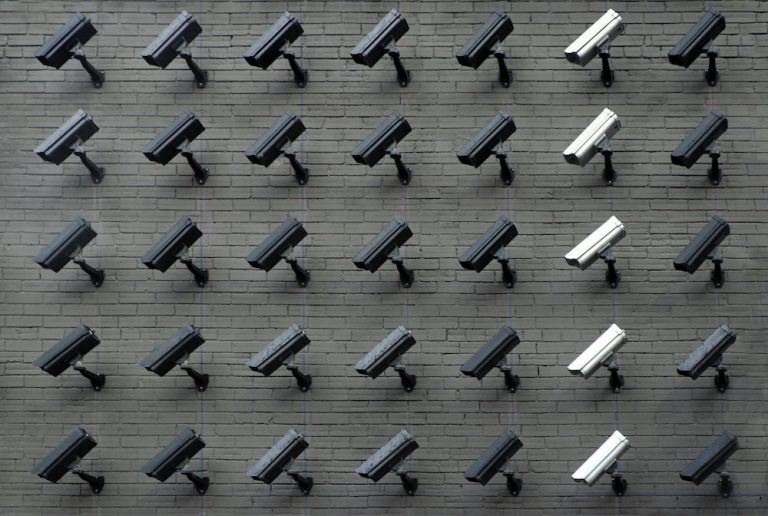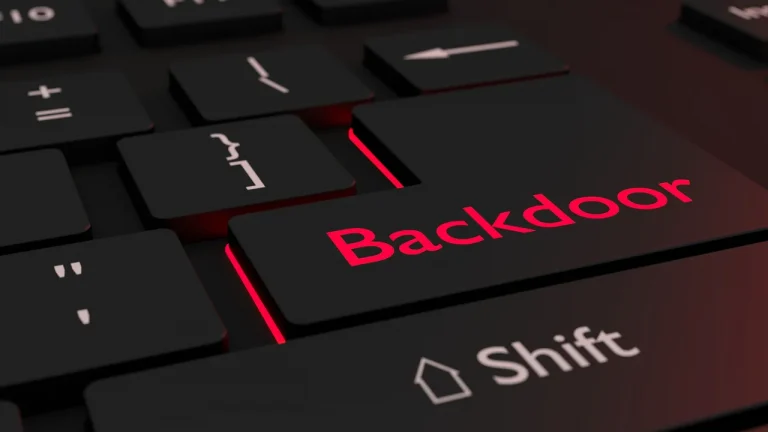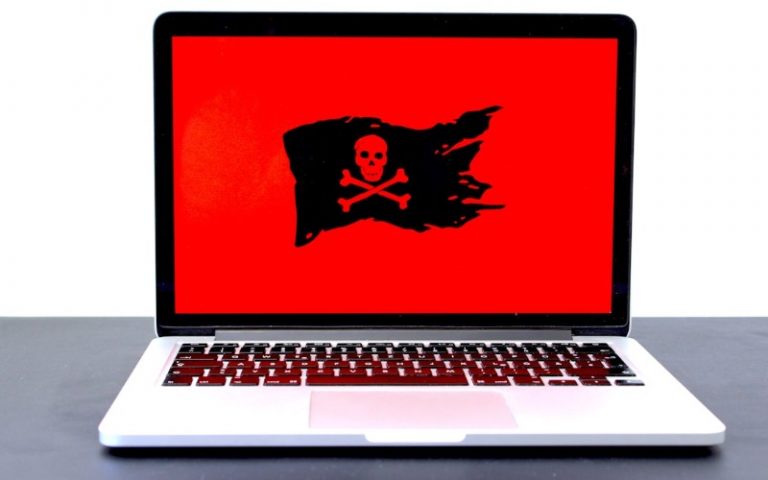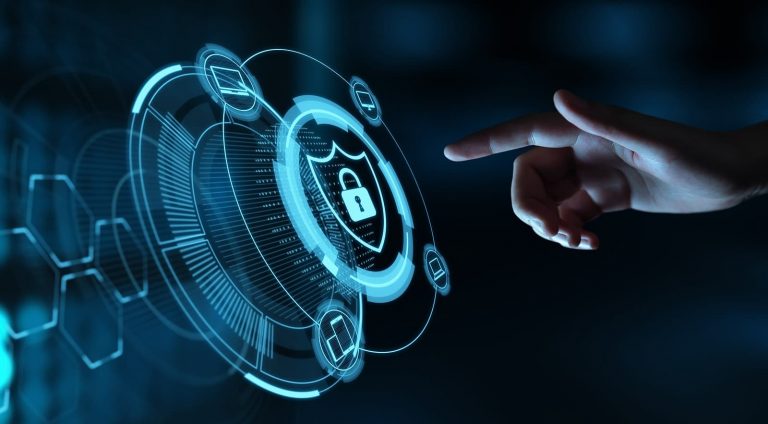Most people by now have heard of Jack Teixeira, or if not at least the infamous story of how a 2nd class Massachusetts Air National Guardsman was able to access and share the Pentagon’s briefings on Ukraine’s War Plans with a Discord group of his gaming buddies. Much of mainstream media seemed to frame it as more of a general problem with classification of information.
Perhaps the U.S. government classifies too much information. Paradoxically, though, it then grants overly broad access within the government to the information that it has classified. Despite Teixeira’s junior position, The Washington Post reported, he had access to the Joint Worldwide Intelligence Communications System, a computer network for top-secret Defense Department information. Investigations after the 9/11 attacks revealed a siloing of information within separate agencies and led to efforts to promote more sharing, but the Pentagon might have overcorrected.
The Atlantic: I Oversaw the National Guard. I cannot fathom how this happened.
We would point to a deeper root cause, however:
We can all be pretty sure that the Pentagon has invested in and put in place some of the best security architectures and processes available: control of secrets and information is a core mission. But the system of control is top down, centralized. So once a user gets elevated to a level of privileged access – such as a network sys admin – all kinds of pathways open up to far and wide across any particular system. It is pretty clear that something along those lines is what happened here.
Airman Teixeira was trained as a cyber transport systems specialist, a job that could entail a variety of duties, such as keeping his unit’s communication networks running. He was assigned to the 102nd Intelligence Wing at Otis Air National Guard Base, part of Joint Base Cape Cod, according to an Air Force spokeswoman. The 102nd Intelligence Wing’s official Facebook page congratulated Airman Teixeira and colleagues on their promotion to airmen first class in July.
Officials would not answer questions about what in Airman Teixeira’s duties would necessitate his having access to daily slides about the Ukraine war, much less the daily deluge of intelligence reports from the C.I.A., the National Security Agency and the Office of the Director of National Intelligence. There are units at the base that process intelligence collected from drones and U-2 spy planes, though it is doubtful that work alone would require the sort of access to the broad array of classified information that has been leaked on the Discord server.
But he could also have gained access to the documents in other ways. U.S. government officials with security clearance often receive such documents through daily emails on a classified computer network, one official told The Times, and those emails might then be automatically forwarded to other people.
New York Times: F.B.I. Arrests National Guardsman in Leak of Classified Documents
So once Airman Teixeira got into an elevated level of access, he was able to tap into other networks and systems where data – perhaps emails, perhaps file servers – was lying around unclassified.
Now let’s imagine what would happen if these emails – or the file folders for these reports had been secured by Faction instead.
- A Faction Group is created for the users that are authorized to read these reports (Faction Groups can be of unlimited size BTW).
- When users are authenticated into the Faction Group, they receive the keys to decrypt the data – email, communications, files in Cloud folders, etc. – that are circulated in it.
- NOBODY else can read these, because they don’t have the keys.
- So, if our Airman Teixeira works his way up and into a drive of folders or an email list he isn’t supposed to be in, it doesn’t do him any good. Yes, as a network admin he can access these things, but he can’t decrypt them! And it it was a Faction Network, he would not be able to see or attempt to join the network carrying this email or hosting the folders in the first place.
So what’s the moral of this story?
Any system of privacy and security is always subject to human fallibility. People make mistakes and do bad things. But when the system is centralized, the mistakes are compounded and can rapidly become catastrophic. When you decentralize and put the control of the keys to a network and its data in the actual end users that create and manage it, you eliminate this whole category of centralized hacks that are so prevalent today.
